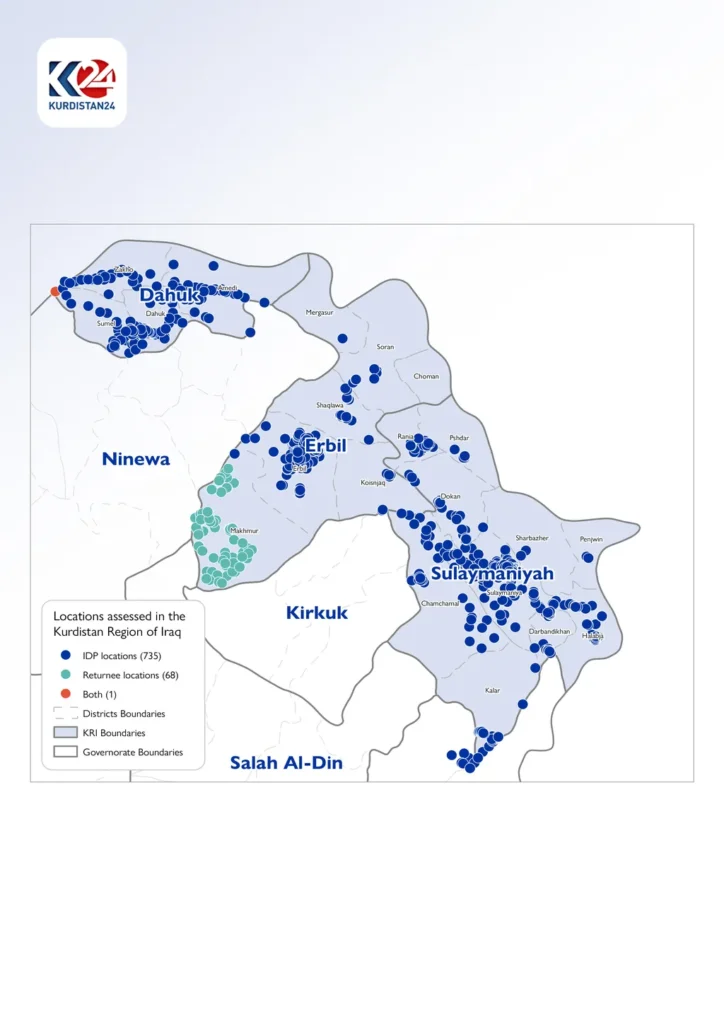In the heart of the Kurdistan Region, Iraq, a groundbreaking study led by Hawar Sleman Halshoy from the University of Sulaimani is reshaping our understanding of sustainable food production in semi-arid and arid regions. Halshoy, an expert in horticulture, has spent years investigating how agricultural and environmental practices can be optimized to combat climate change and ensure food security. His latest research, published in the journal *Cogent Food & Agriculture* (which translates to “Thoughtful Food & Agriculture”), offers a beacon of hope for farmers, policymakers, and energy sector professionals alike.
The study, a comprehensive review of 163 scientific articles and environmental case studies, delves into the effectiveness of climate-resilient farming methods, integrated soil fertility management, and resource-efficient irrigation systems. Halshoy’s findings are nothing short of transformative. “By adopting these practices, we can increase crop yields by 15–35%, raise soil organic carbon by up to 25%, lower synthetic fertilizer use by 40%, and cut greenhouse gas emissions from agriculture by 10–20%,” Halshoy explains. These practices not only support biodiversity but also decrease environmental impacts, making them a win-win for both farmers and the planet.
The implications for the energy sector are profound. As the world grapples with the dual challenges of food security and climate change, the need for sustainable agricultural practices has never been more urgent. Halshoy’s research provides a roadmap for integrating these practices into food systems, offering practical recommendations for policymakers and practitioners to develop region-specific adaptation strategies. “Our synthesis highlights the most effective strategies for integrating sustainable practices into food systems,” Halshoy notes, emphasizing the importance of tailored solutions for different regions.
The study’s findings are particularly relevant for the energy sector, as they offer a blueprint for reducing the carbon footprint of agricultural practices. By adopting climate-resilient farming methods, the energy sector can play a pivotal role in mitigating climate change and ensuring food security. Halshoy’s research underscores the need for a collaborative approach, bringing together policymakers, practitioners, and energy sector professionals to develop innovative solutions that protect food production, conserve natural resources, and enhance resilience against future climate challenges.
As we look to the future, Halshoy’s research provides a comprehensive overview that can guide future research, policy development, and practical implementation. The study’s findings are a testament to the power of sustainable agricultural practices in shaping a more resilient and food-secure world. With the energy sector at the forefront of this transformation, the potential for positive change is immense. Halshoy’s work serves as a reminder that by working together, we can overcome the challenges of climate change and ensure a sustainable future for generations to come.

